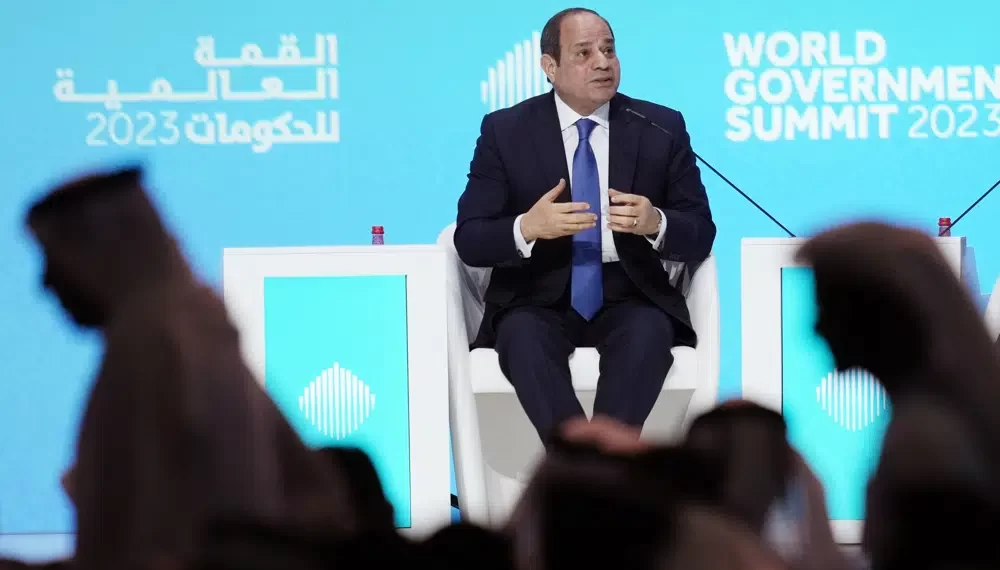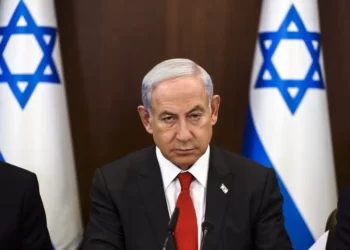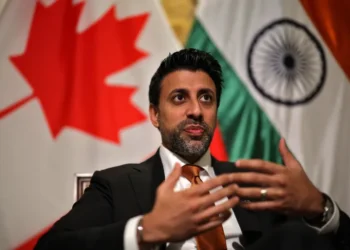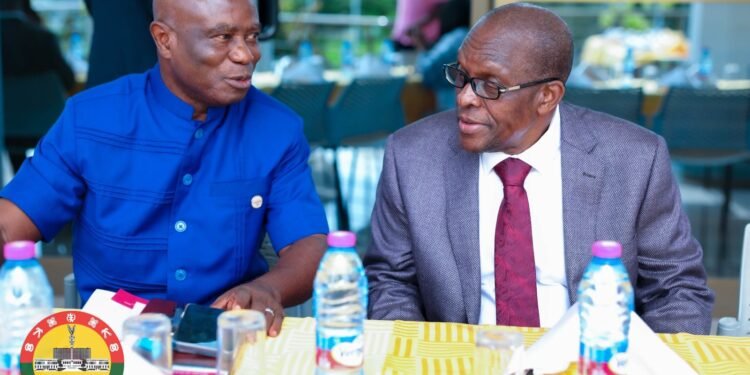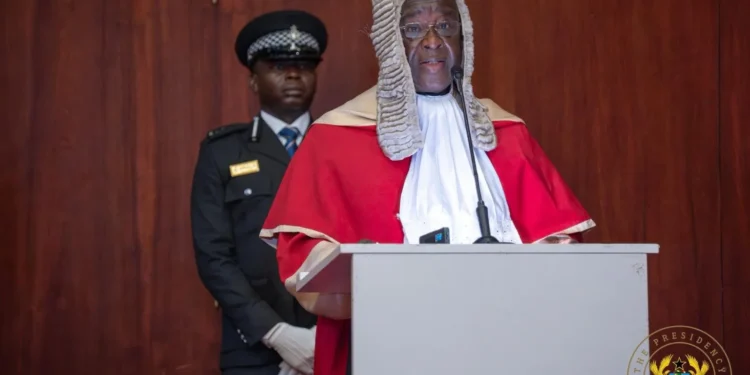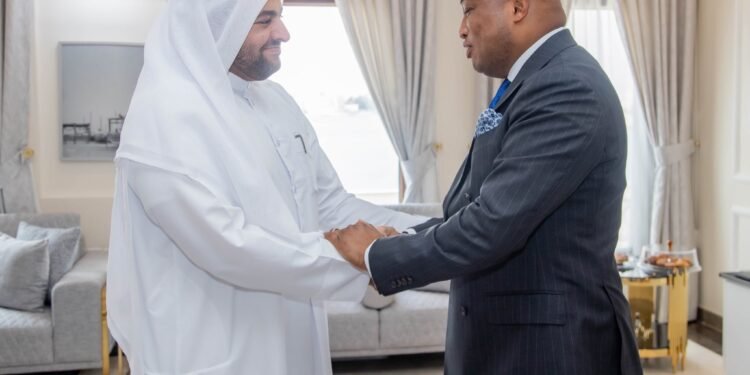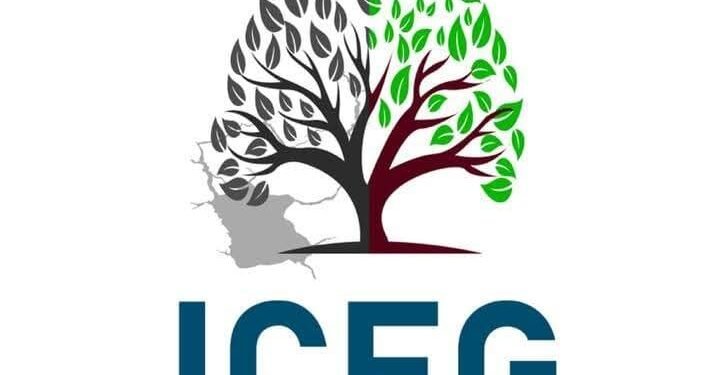Egyptian President Abdel Fattah el-Sissi has offered praise for the United Arab Emirates, seeking to repair a rift between Cairo and the Gulf Arab states that have supplied billions of dollars in aid to his nation.
El-Sissi spoke before the World Government Summit in Dubai at a session attended by both UAE leader Sheikh Mohammed bin Zayed Al Nahyan and Dubai’s ruler, Sheikh Mohammed bin Rashid Al Maktoum. The Egyptian President began his remarks acknowledging the two rulers as his “brothers.”
“The first to highlight is the support I have received from our brothers. Everything I said would not have been possible without the support we received.”
Abdel Fattah el-Sissi, President of Egypt
President Abdel Fattah el-Sissi, was onstage at the summit for what was billed as an interview with a journalist, launched into a monologue praising the UAE and Sheikh Mohammed bin Zayed for his aid after the 2013 coup.
Anwar Gargash, a senior Emirati diplomat, made a tweet after President Abdel Fattah el-Sissi’s appearance, “Egypt, as usual, is loyal to its brothers and their stances. Appreciation for the UAE, Saudi Arabia and Kuwait was present in President Sissi’s speech.”
Egypt Relies On Aid From Gulf Arab States
El-Sissi has relied on handouts from Gulf Arab states to keep his country’s economy afloat since seizing power in a 2013 coup, with estimates suggesting over $100 billion in Gulf money has gone to Cairo via Central Bank deposits, fuel aid and other support since then.
However, in recent weeks, Gulf Arab nations, including Saudi Arabia, have begun signaling that they want to see more reforms from countries receiving their aid, particularly as nations worldwide struggle with inflation and the fallout from Russia’s war on Ukraine.
That likely would affect Egypt, which already is under pressure from the International Monetary Fund to reform.
“We used to give direct grants and deposits without strings attached and we are changing that,” Saudi Finance Minister, Mohammed al-Jadaan said at the World Economic Forum in Davos in January, 2023.
“We need to see reforms. We are taxing our people. We are expecting also others to do the same, to do their efforts. We want to help but we want you also to do your part.”
Mohammed al-Jadaan, Finance Minister of Saudi Arabia
In Kuwait, at least one lawmaker has begun asking about the billions loaned to Egypt and whether any of those funds had been repaid.
While leaders in the United Arab Emirates have not commented publicly on its aid packages, it too has its own development plans and is being asked to deliver aid to earthquake-stricken Turkey and Syria.
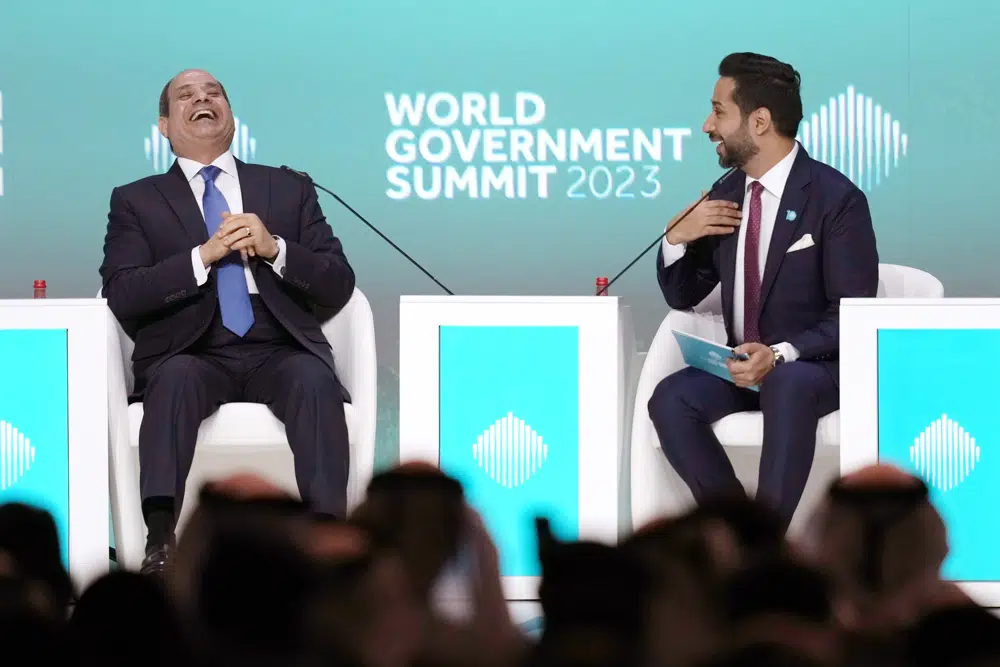
The Egyptian government has plans to sell stakes in dozens of state-controlled companies, including banks and energy firms. However, the government and the Egyptian military dominate the economy of the Arab world’s most-populous country, worrying investors.
Meanwhile, Egypt is allowing its Egyptian pound to devalue, with the currency down nearly 50% over the last year. The country also faces a foreign currency shortage exacerbating its woes and forcing it to postpone major projects.
Recently, the Egyptian President made a visit to India where he and India’s Prime Minister, decided on measures to increase bilateral trade within five years to $12 billion.
They also signed agreements on expanding cooperation in cyber security, information technology, culture and broadcasting.
El-Sissi, an army general, led the 2013 overthrow of then-President Mohammed Morsi of the Muslim Brotherhood.
His government has cracked down on dissidents and critics, jailing tens of thousands, virtually banning protests and monitoring social media.
READ ALSO: Australia Announces 424 Million Australian Dollars In Funding For Indigenous People

